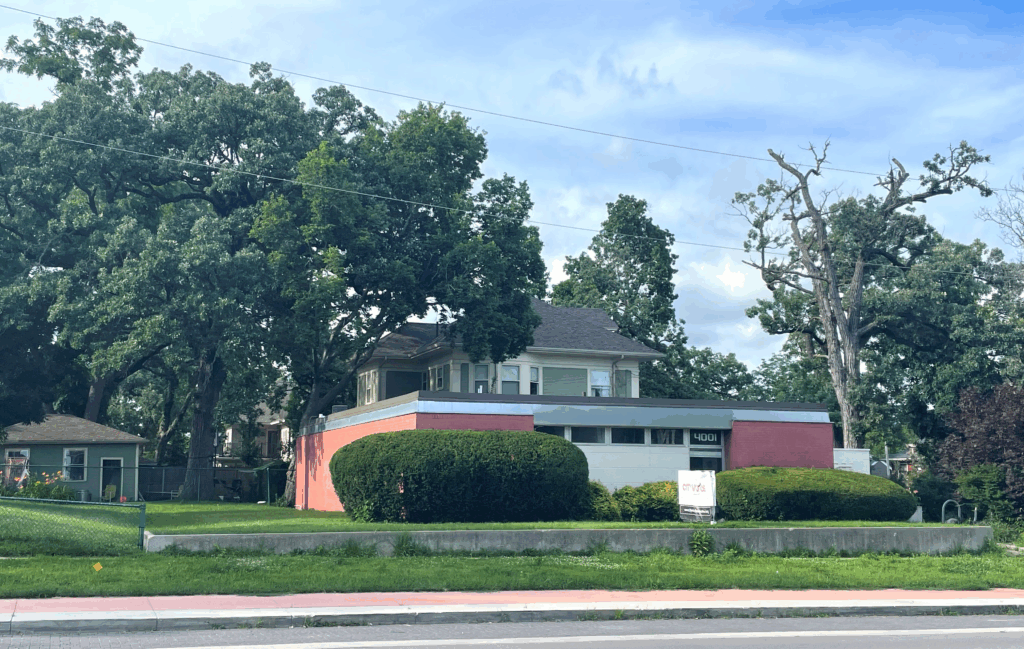State environmental panel sides with businesses on new water rules

The governor-appointed Iowa Environmental Protection Commission today unanimously voted to change state water quality rules to make it easier for cities to know how to weigh the financial wisdom of various sewer improvements.
The changes were requested by the Iowa Association of Business and Industry, the Iowa Association of Municipal Utilities and the Iowa League of Cities. Those groups petitioned for a rule-making to set a clear standard on weighing the cost of less-polluting options after a court decision questioned the way the Iowa Department of Natural Resources handled a case in Clarion.
Environmentalists, including representatives of the Environmental Law & Policy Center, the Iowa Environmental Council and the Iowa Chapter of Sierra Club, opposed the changes, arguing they will result in more pollution.
At the heart of the debate is the question of when a city must consider more expensive technologies that would cut the amount of pollution going into waterways. The new rule — which must be approved by a legislative rules panel and the U.S. Environmental Protection Agency — basically says an approach will be considered economically inefficient if it would cost more than 115 percent of the base cost, or the cost of providing a minimal pollution control. Before, that was a guideline and open to debate.
“We’re not asking for a low standing, we are asking for a clear one,” countered Tim Whipple, general counsel for the utilities association.
Whipple told commissioners the trick is to avoid a situation in which a small town is forced to buy a Cadillac when it’s on a Chevy budget that must meet many demands.
Environmentalists countered that other parts of the Clean Water Act already call for an “affordability” review. They contend that the new rules will discourage cities from looking at improvements that wouldn’t cost much but would help the environment.
Josh Mandelbaum, a staff attorney for the Environmental Law & Policy Center’s Des Moines office, said business groups ignored the fact that other parts of federal law are intended to protect pocketbooks.
Mandelbaum also questioned why the DNR filed the action as “emergency” after two years of work with stakeholders had led to rules that had been in place for six years. DNR staffers said they wanted cities to have a clear idea of requirements as soon as possible.
The commission only discussed the rule a few minutes before voting to approve the changes business groups had requested.
“DNR has made no effort to bring stakeholders together to address these changes, and as a result, the final rules have significant problems,” said Mandelbaum.
The Iowa Environmental Council also objected. “Iowa’s anti-degradation standards were developed over the course of nearly two years with input from environmental, business, industry and utility groups,” IEC Executive Director Ralph Rosenberg said in a statement. “As a result, the standards were strong, but reasonable, and balanced economic and environmental concerns. That balance has shifted.”










